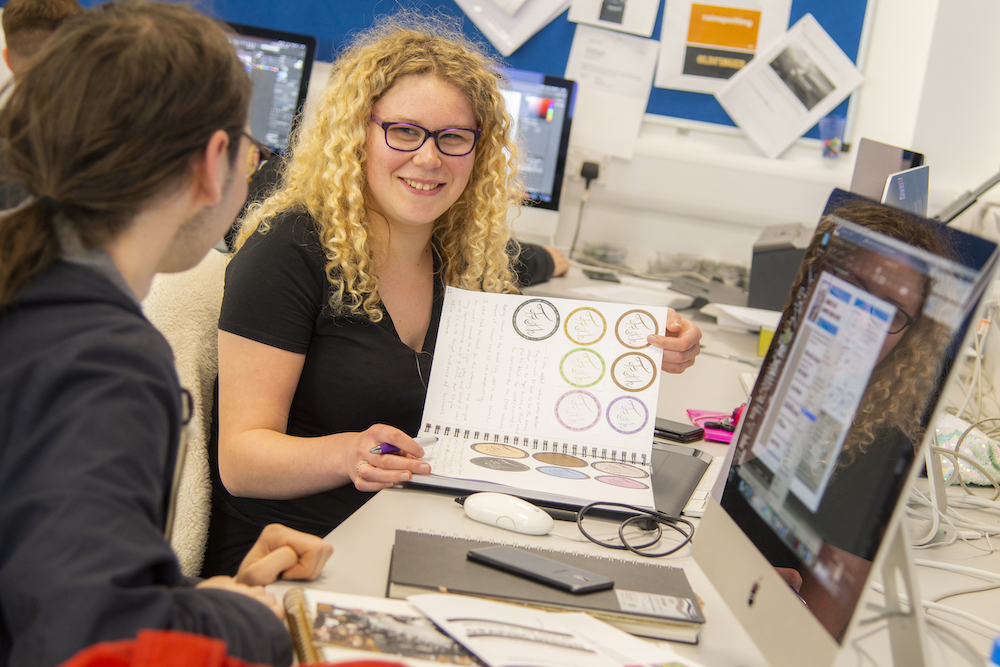I believe that the role of colleges in preparing our students to be global citizens has never been more critical.
Why? We live in a world where we still need to declare that ‘black lives matter’. The recent online abuse of the English footballers demonstrated that we still have a long way to go.
We are emerging, hopefully, from the worst global pandemic since Spanish Flu and the socio-economic impact of this is being realised. These experiences and happenings are having a significant influence on individual beliefs, values and behaviours that will define how they engage as global citizens in the future.
The rate of technological change means that the skills we are teaching now will evolve and become outdated at an ever-increasing rate – so meta-skills such as creativity, resilience, problem solving, and being self-motivated to be a lifelong learner are essential.
Otherwise, sustained employment and career progression will be difficult. It is estimated that people will change their jobs every five to seven years in the future, so the notion of a career for life or remaining relevant in a sector will not exist without constantly updating yourself.
As we all adapt to a new normal of upskilling and reskilling in line with technological advances, what are the skills and attributes someone will need to navigate their career through this increasingly complex global environment?
Advances in technology mean that we live in an interconnected global world. Generation Z are the most connected generation to date. As digital natives, they naturally access information from the internet and digitally converse with people across the world. This has many opportunities, not least because we are able to be more productive and responsive, but also many disadvantages.
Too many people now view ‘life’ through distorted social media posts which contribute negatively on their self-confidence and feeling of not fitting in with societal norms. There is an overdependence on ‘clickbait’ news that doesn’t present a balanced or often evidence-based position, which leaves people ill-informed and unable to engage in a reasoned debate.
Disposable consumerism which satisfies the immediate want or need also has a direct negative impact on our planet by hindering a circular economy, and yet Generation Z are more aware of their role in the world as part of a larger ecosystem, and their responsibility to support a green economy.
We have the opportunity to build upon the global awareness and social consciousness of Generation Z by providing them with the knowledge, confidence and philanthropic behaviours to develop a set of values that enhance a skills-focused, green economic recovery.
Colleges, as community anchors, have a long history in providing much more than skills development and we have the opportunity, at this critical time, to take the leading role in securing a more inclusive, tolerant and sustainable world.
Our primary focus will continue to support our local and national socio-economic priorities; however, my view is that in the future, individual success will become more reliant on being able to appreciate individual, societal and international cultural differences, being able to communicate your views and ideas with knowledge and confidence, and working effectively with a diverse range of partners and individuals whilst feeling confident about your contribution.
Over the years, as colleges are increasingly measured and funded by qualification success, we have stopped shouting about the powerful catalysts colleges are in changing mind-sets and lives. Whilst successful student outcomes are important to us all, so must be alumni who act as global citizens: individuals who are able to take an active role in their local and global community, and work with others to make our planet more equal, fair and sustainable.
Angela Cox is the principal of Borders College.
